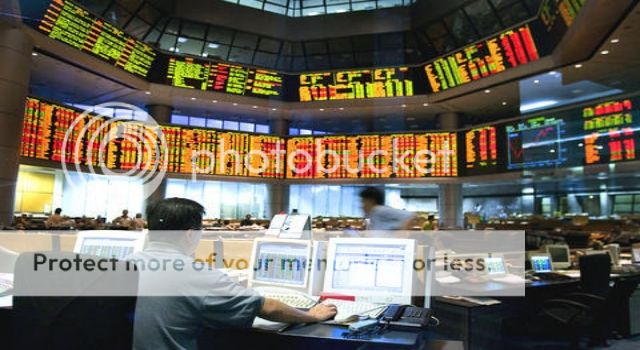
Asia-Pacific Continues To Be The World’s Economic Growth Engine
Four Asian countries (China, India, Japan, and Indonesia) account for almost a third of the world economy (in purchasing power parity terms), though intra-regional growth dynamics differ. The Indian economy, which is expected to expand by 7½% annually over the next two years, has emerged as the regional growth leader amid China’s ongoing economic transformation and slowing momentum. Nevertheless, economic policy and political developments in China will remain the most influential factor shaping the regional outlook. We expect Chinese real GDP growth to decelerate to 6½% by next year, while the rest of the region is showing signs of economic acceleration, underpinned by recuperating external conditions as well as strengthening domestic demand supported by low energy prices, accommodative monetary conditions, and improving confidence stemming from structural reform efforts. Economic growth across the eight countries covered in this report will expand at an average rate of
5.2% in 2015-16 following a 4.9% expansion in 2014.
Adequate Preparedness To Respond And Adjust To Global Economic And Financial Shocks 4.9% expansion in 2014.
Global economic growth challenges, unsynchronized monetary policy amongst major central banks, volatile price adjustments in key commodity markets as well as disruptive geopolitical events in Eastern Europe, Northern Africa, and the Middle East have heightened financial market stress around the globe and placed emerging market assets on the defensive. Core countries in theAsia-Pacific region, however,are appropriately prepared to weather temporary shocks on the back of large foreign exchange reserves, solid sovereign debt profiles, robust banking sectors, and improved external trade positions. Approaching monetary
policy normalization in the US will directly affect Asia-Pacific economies as global investors
readjust their portfolios to higher US interest rates and the US dollar maintains a strengthening path.These shifts will likely lead to bouts of elevated volatility,yet individual country fundamentals — such as government finances, external positions, and domestic household and corporate leverage — will ultimately determine riskdifferentials and exchange rate dynamics
Accommodative Monetary Conditions Maintained; Fiscal Stimulus Prospects Differ
Accommodative monetary policy conditions will likely remain the norm in most Asia-Pacific countries in the months to come inlight of the current challenging global environment. While Japan maintains its aggressive quantitative easing program to escapes decades-eflationary nvironment, central banks in other countries (China, India, Australia, Thailand, and South Korea
)ave taken advantage of muted inflation and lowered benchm
ark interest rates to support economic momentum. Since HongKong’s monetary policy isvirtually tied to that of the US Federal Reserve due to its pegged exchange rate arrangement, theterritory’s interest rates are set to increase over the forecast horizon. Nevertheless,themonetary tightening in Hong Kong likely be gradual in order to minimize t
he risk of a disorderly housing market correction. The ability to support economic through fiscall stimulus in Asia-Pacific different from country to country. China, HongKong, and South Korea enjoy relatively sold public finances, while India, Japan, and Australia
will likely focus on fiscal consolidation.png)









